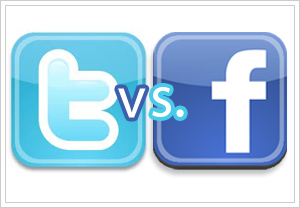Between the open of October 30th and close on October 31st on Nasdaq, Facebook’s shares dropped 3%. The decline in adolescent interest on this popular social networking site has resulted in Facebook hoping to gain more members through Snapchat. The Wall Street Journal reported on November 14, 2013 that Facebook offered to buy Snapchat for an absurd amount: $3 Billion. And Snapchat rejected.
According to Om Malik, Google offered Snapchat $4 Billion the next day which CEO of Snapchat, Evan Spiegal, rejected once again. With approximately 26 million users and a vast amount of members flocking from Facebook to Snapchat, it is no wonder why Spiegal declined the offer. Also, Snapcat was established with virtually no assets, but made its way to one of the top apps that big companies are vying for.
So did Evan Spiegal make the right decision? Only time will tell.
Bercovici, Jeff. “Facebook Tried To Buy Snapchat for $3B In Cash. Here’s Why.” Forbes. Web 11 November 2013.
http://www.forbes.com/sites/jeffbercovici/2013/11/13/facebook-wouldve-bought-snapchat-for-3-billion-in-cash-heres-why/
Wismer, David. “Snapchat: How To Make $4 Billion- Or Was It $4 Billion- Disappear. (And Other Quotes of The Week).” Forbes. Web 17 November 2013.
http://www.forbes.com/sites/davidwismer/2013/11/17/snapchat-how-to-make-3-billion-or-was-it-4-billion-disappear-and-other-quotes-of-the-week/








